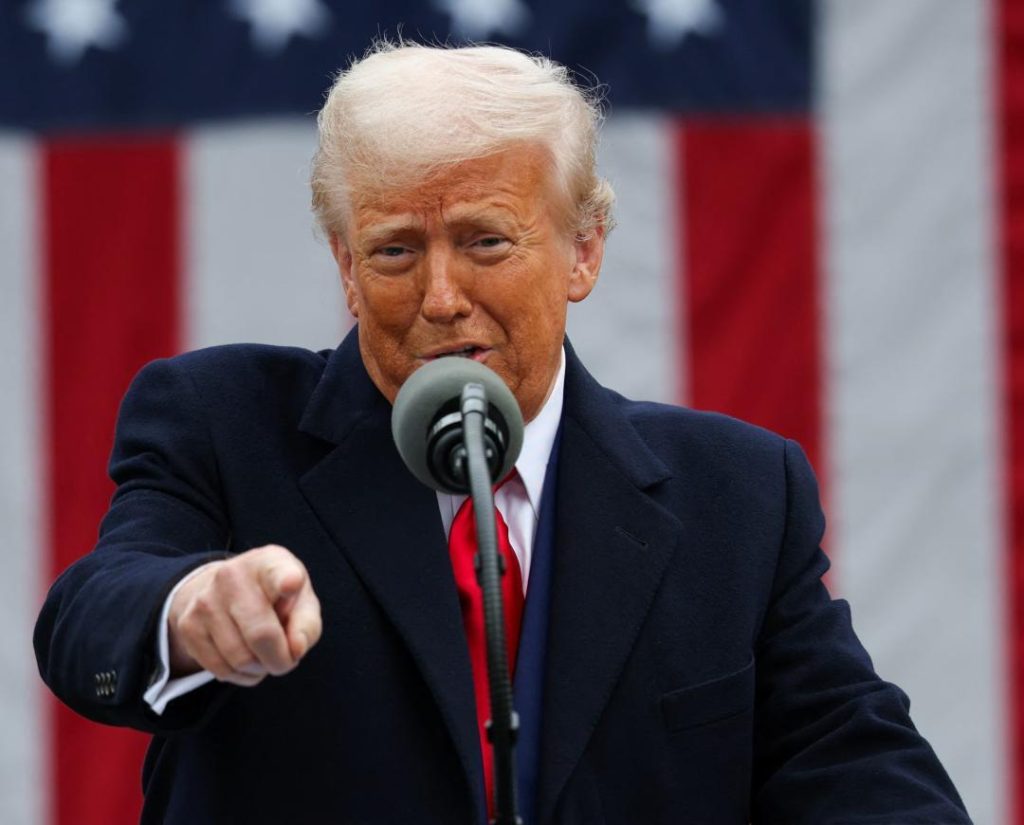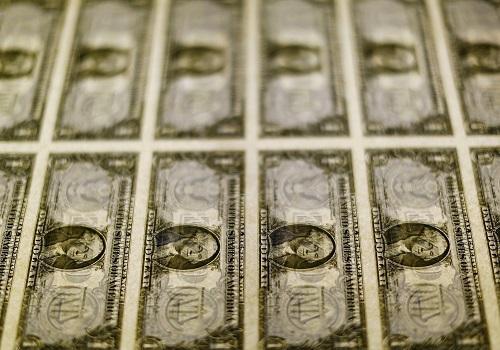
Which Goods & Items are Exempt from Trump’s New Tariffs?
On Wednesday, April 2, US President Donald Trump announced a new set of reciprocal tariffs aimed at reducing the trade deficit with the rest of the world. The tariffs, which will be effective from May 10, will impose a 25% duty on $50 billion worth of Chinese goods, including high-tech products, and a 10% duty on $20 billion worth of European goods, including food and wine.
However, not all goods and items are part of the tariff scheme. Certain commodities have been kept out of the ambit of the US President’s reciprocal tariffs, and it’s interesting to note that some of these exemptions are significant in terms of value and volume.
Pharmaceuticals, Bullion (physical gold and silver of high purity), energy, some minerals not available in the US, copper, steel, aluminum, semiconductors, and lumber articles are among the items that have been exempted from the tariffs. The pharma industry, in particular, is a big winner, as pharma products comprise nearly $9 billion worth of exports from India, making it a significant contributor to the country’s trade balance.
Other notable exemptions include:
- Energy products such as crude oil, natural gas, and coal
- Minerals such as rare earth, lithium, and cobalt
- Copper, steel, and aluminum, which are critical inputs for various industries
- Semiconductors, which are used in the manufacturing of electronic devices such as smartphones, computers, and televisions
- Lumber articles, including wood and wood products
The exemptions are not limited to these specific products alone, but also extend to certain categories of goods. For instance, the US has exempted goods that are not available in the country or are not produced in sufficient quantities to meet domestic demand. This is particularly significant for energy products, as the US has traditionally been a major importer of oil and other fossil fuels.
Another important aspect of the exemptions is that they do not apply to goods that are made in the US but use foreign components or materials. This means that even if a product is manufactured in the US, if it contains foreign components or materials, it will still be subject to tariffs.
The exemptions are seen as a significant relief for industries that rely heavily on imports, particularly the pharma and energy sectors. The pharma industry, in particular, has been vocal about the potential impact of tariffs on its business, as many of the raw materials and finished products it imports are subject to tariffs.
The exemptions are also seen as a way for the US to avoid disrupting the global supply chain and to maintain its position as a major player in the global economy. The US is the world’s largest economy, and any disruptions to the global supply chain could have far-reaching consequences.
In conclusion, while the Trump administration’s reciprocal tariffs may have caused concerns among importers and exporters, the exemptions for certain goods and items are a significant relief. The pharma and energy sectors, in particular, are set to benefit from these exemptions, which will help to maintain their competitiveness and ensure the continued flow of goods and services across borders.
Source:






